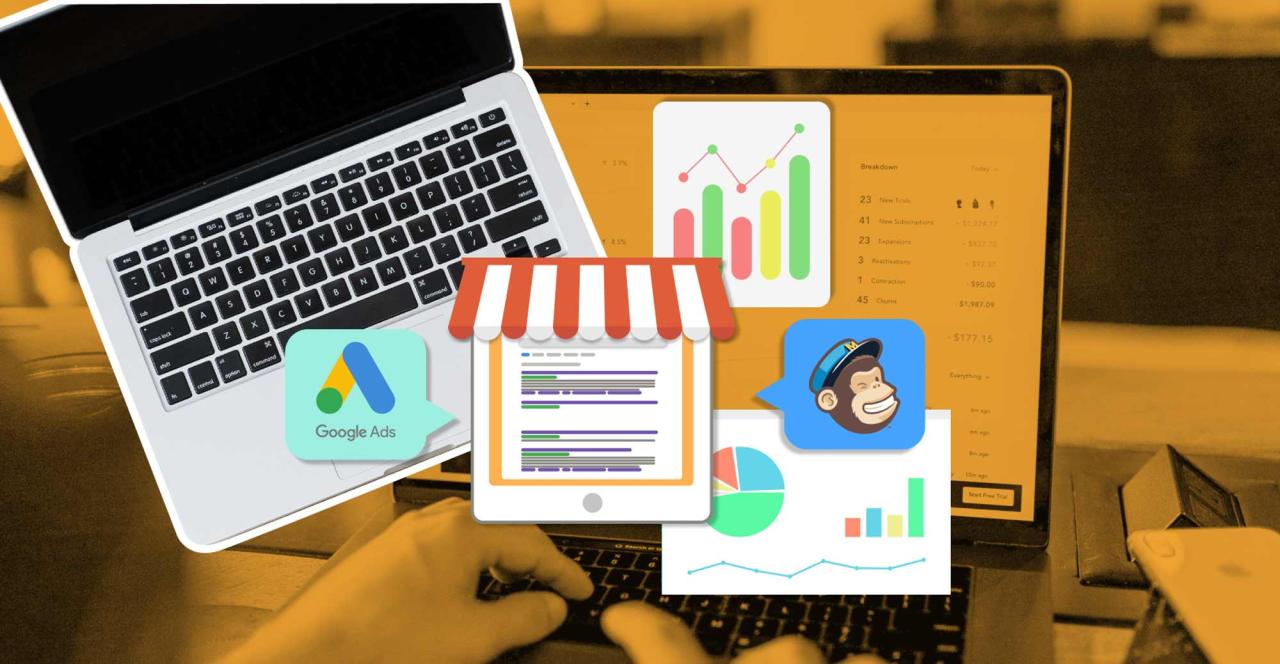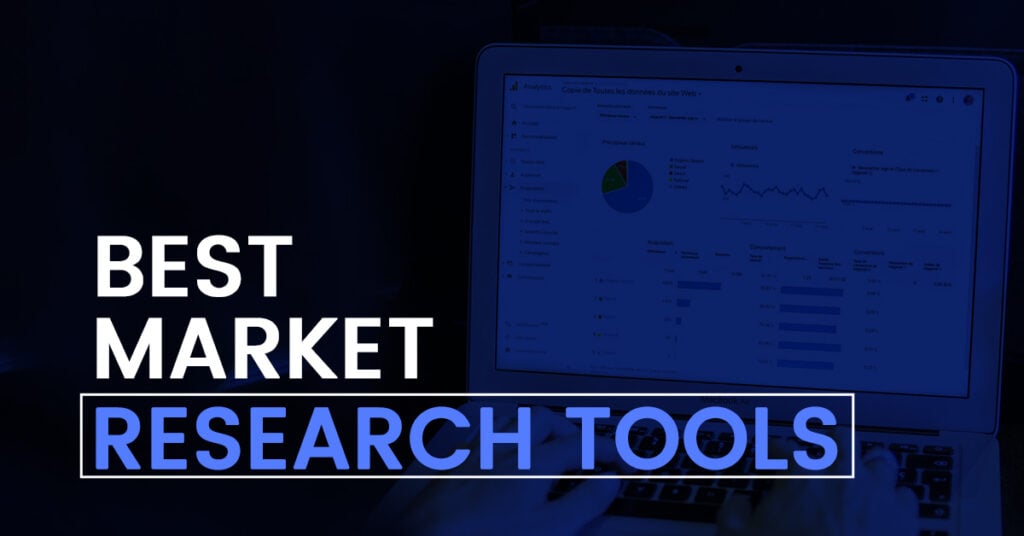Embark on a journey through the world of Top Digital Tools for Small Business Owners, where innovation and productivity converge to empower entrepreneurs in their quest for success. From digital marketing to financial management, discover the transformative potential of these tools in driving small businesses forward.
Importance of Digital Tools for Small Business Owners
In today’s digital age, utilizing digital tools is essential for small business owners to stay competitive and efficient in the market. These tools play a crucial role in streamlining various tasks and increasing overall productivity.
Marketing
- Marketing automation platforms like Mailchimp or HubSpot can help small business owners effectively engage with their target audience through email campaigns and social media.
- tools such as SEMrush or Moz can assist in optimizing website content and improving online visibility.
Finance
- Accounting software like QuickBooks or FreshBooks simplifies financial management, invoicing, and tracking expenses.
- Payment processing tools like PayPal or Square enable secure transactions and convenient payment options for customers.
Communication
- Collaboration platforms like Slack or Microsoft Teams facilitate seamless communication and project management among team members.
- Customer relationship management (CRM) systems such as Salesforce or Zoho CRM help in maintaining strong relationships with clients.
Top Digital Marketing Tools for Small Business Owners
In today’s digital age, having the right marketing tools is essential for small business owners to effectively reach and engage with their target audience. Here are some top digital marketing tools tailored for small businesses:
Email Marketing Platforms
Email marketing platforms like Mailchimp, Constant Contact, and Sendinblue are crucial for small businesses to create and send engaging emails to their customers. These tools help in building customer relationships, promoting products or services, and driving traffic to the website.
Social Media Management Tools
Social media management tools such as Hootsuite, Buffer, and Sprout Social are essential for small businesses to manage their social media accounts efficiently. These tools enable scheduling posts, analyzing performance metrics, engaging with followers, and monitoring brand mentions.
Tools, Top Digital Tools for Small Business Owners
tools like SEMrush, Moz, and Ahrefs are vital for small businesses to improve their search engine rankings and drive organic traffic to their website. These tools help in conducting research, analyzing backlinks, monitoring competitors, and optimizing website content for better visibility.
Financial Management Tools for Small Business Owners: Top Digital Tools For Small Business Owners

As a small business owner, managing finances is crucial for the success and growth of your business. Utilizing digital tools for financial management can streamline processes, improve accuracy, and provide valuable insights into your business’s financial health.
Comparison of Accounting Software Options
When choosing accounting software for your small business, it’s essential to consider various factors such as ease of use, scalability, pricing, and features offered. Here is a comparison of some popular accounting software options suitable for small business needs:
- QuickBooks:Known for its user-friendly interface and comprehensive features, QuickBooks is a popular choice for small businesses. It offers invoicing, expense tracking, financial reporting, and payroll management.
- Xero:Xero is another cloud-based accounting software that is highly praised for its ease of use and collaboration features. It offers features like bank reconciliation, inventory tracking, and budgeting tools.
- Wave:Wave is a free accounting software option that is ideal for small businesses with basic accounting needs. It offers invoicing, receipt scanning, and financial reporting capabilities.
- FreshBooks:FreshBooks is known for its invoicing and time-tracking features, making it a great choice for service-based businesses. It also offers expense tracking and reporting functionalities.
Key Features to Look for in Financial Management Tools
When selecting financial management tools for your small business, consider the following key features to ensure you are getting the most out of the software:
- Cloud-based platform for easy access and collaboration.
- Invoicing and billing capabilities to streamline payment processes.
- Expense tracking to monitor and control business spending.
- Financial reporting tools for better insights into your business’s financial performance.
- Integration with other business tools such as CRM or inventory management software.
Communication and Collaboration Tools for Small Business Owners
Effective communication and collaboration are essential for the success of any small business. Utilizing the right tools can enhance teamwork, streamline processes, and boost productivity. Here, we will explore some popular tools that small business owners can use to improve communication and collaboration within their teams.
Project Management Platforms
Project management platforms like Trello, Asana, and Monday.com are excellent tools for organizing tasks, assigning responsibilities, and tracking progress. These platforms offer features like task lists, deadlines, file sharing, and collaboration spaces, making it easier for team members to work together efficiently.
Video Conferencing Software
Video conferencing software such as Zoom, Microsoft Teams, and Google Meet have become indispensable tools for remote teams. These platforms allow for virtual meetings, screen sharing, and real-time communication, fostering collaboration among team members regardless of their physical location.
Messaging Apps
Messaging apps like Slack, Microsoft Teams, and WhatsApp are great for instant communication and quick updates. These apps enable teams to send messages, share files, create group chats, and integrate with other tools, ensuring seamless communication and collaboration.
Comparison of Communication Tools
When choosing communication tools for your small business, consider factors like ease of use, cost, and integrations. Some tools may offer advanced features but come with a higher price tag, while others may be more budget-friendly but lack essential functionalities.
It’s essential to evaluate the specific needs of your team and select tools that align with your business goals and budget constraints.
Last Recap
In conclusion, the realm of digital tools offers a myriad of opportunities for small business owners to thrive in a competitive landscape. By harnessing the power of these tools, entrepreneurs can streamline operations, connect with their target audience, manage finances effectively, and foster seamless collaboration within their teams.
Embrace the digital revolution and unlock your business’s full potential today.








